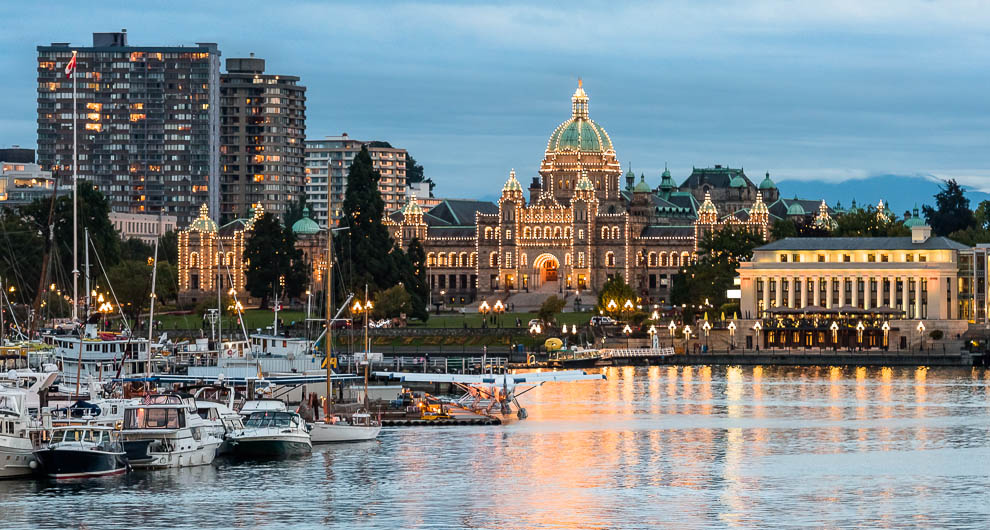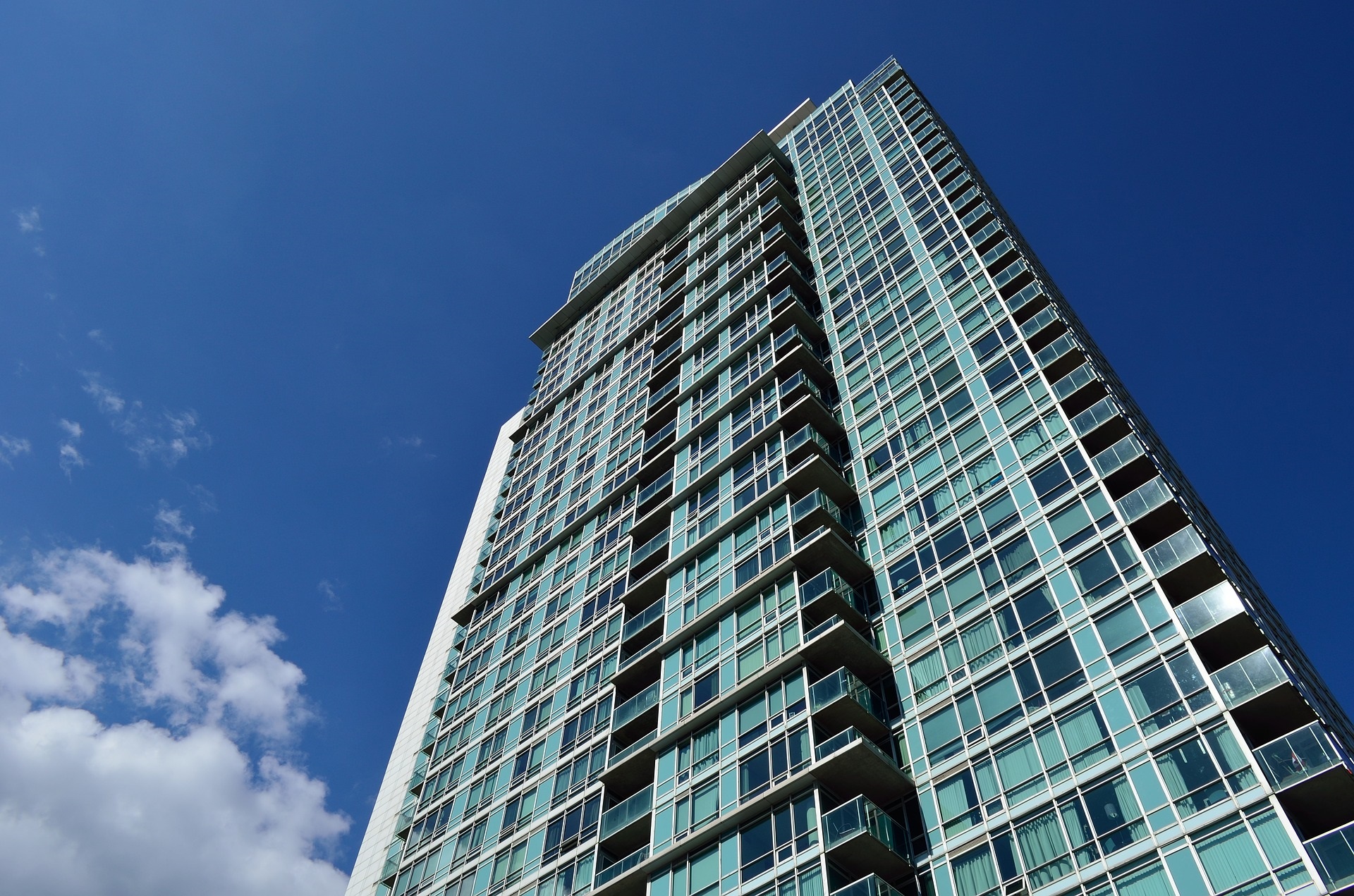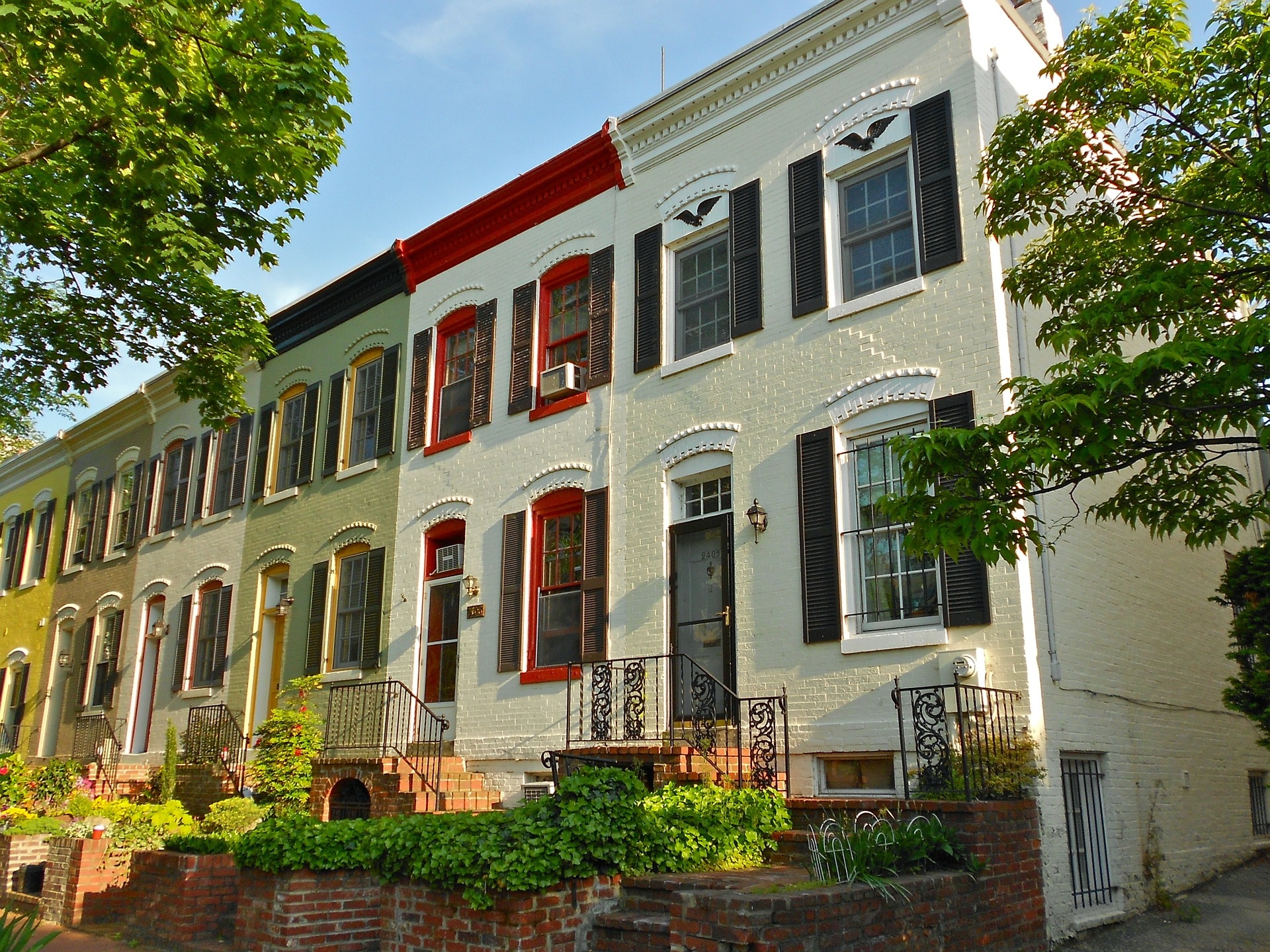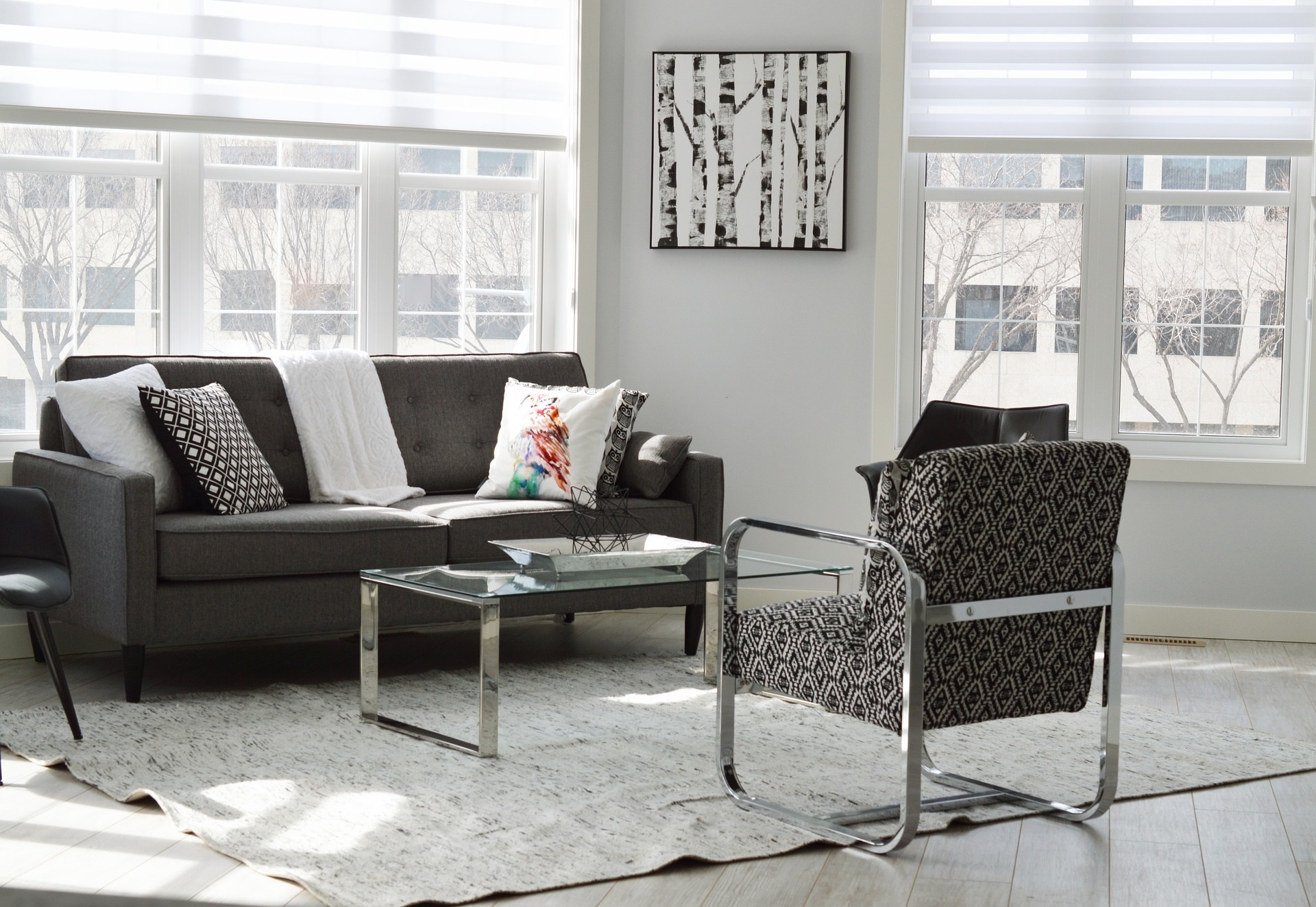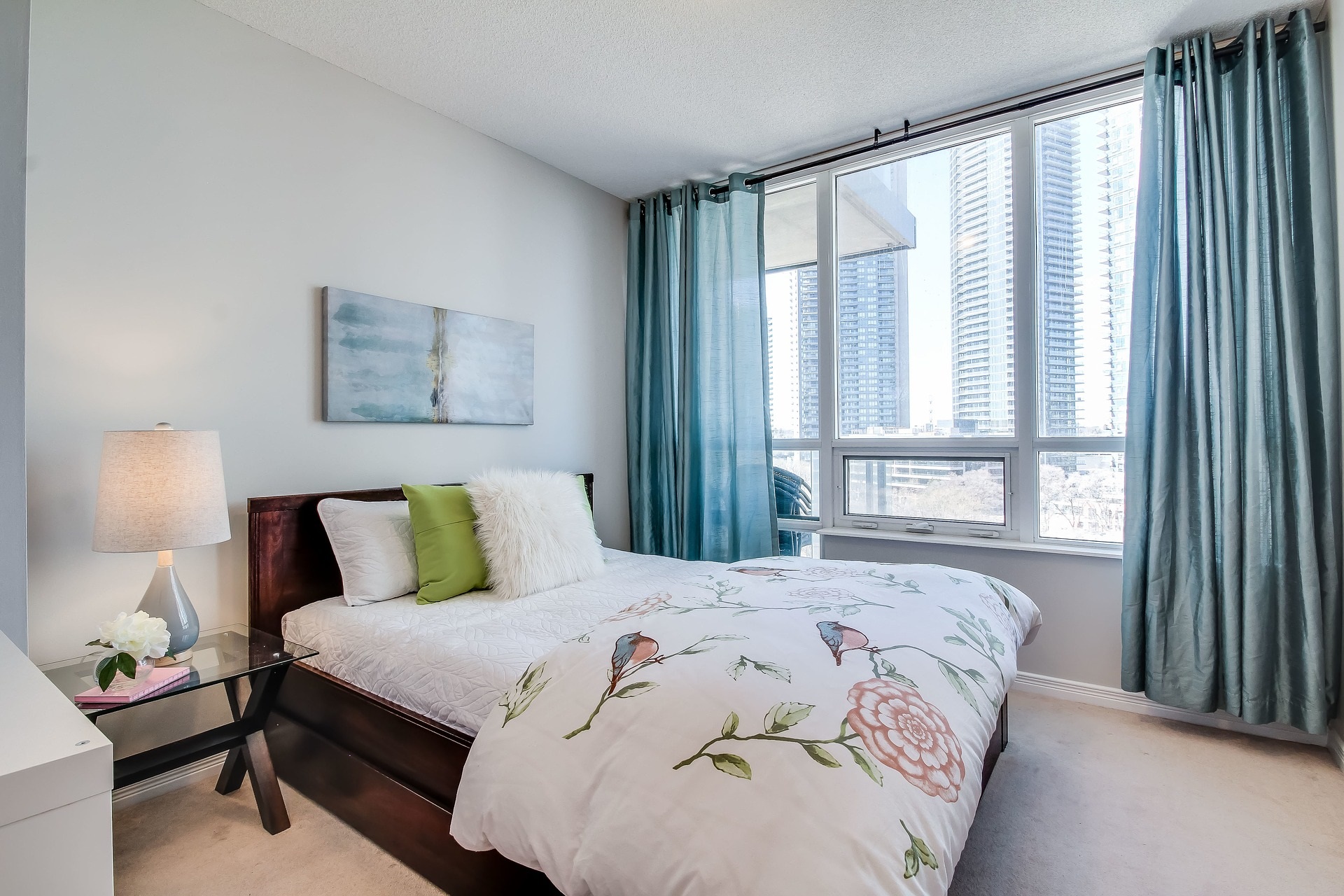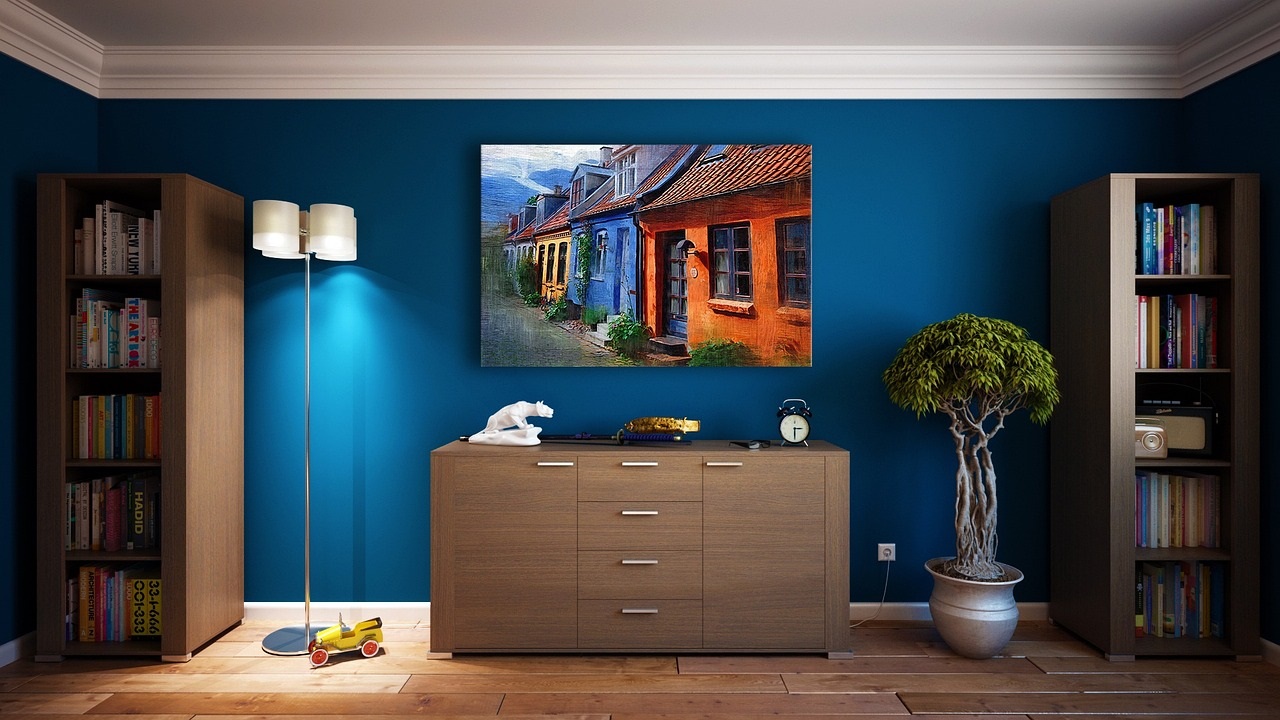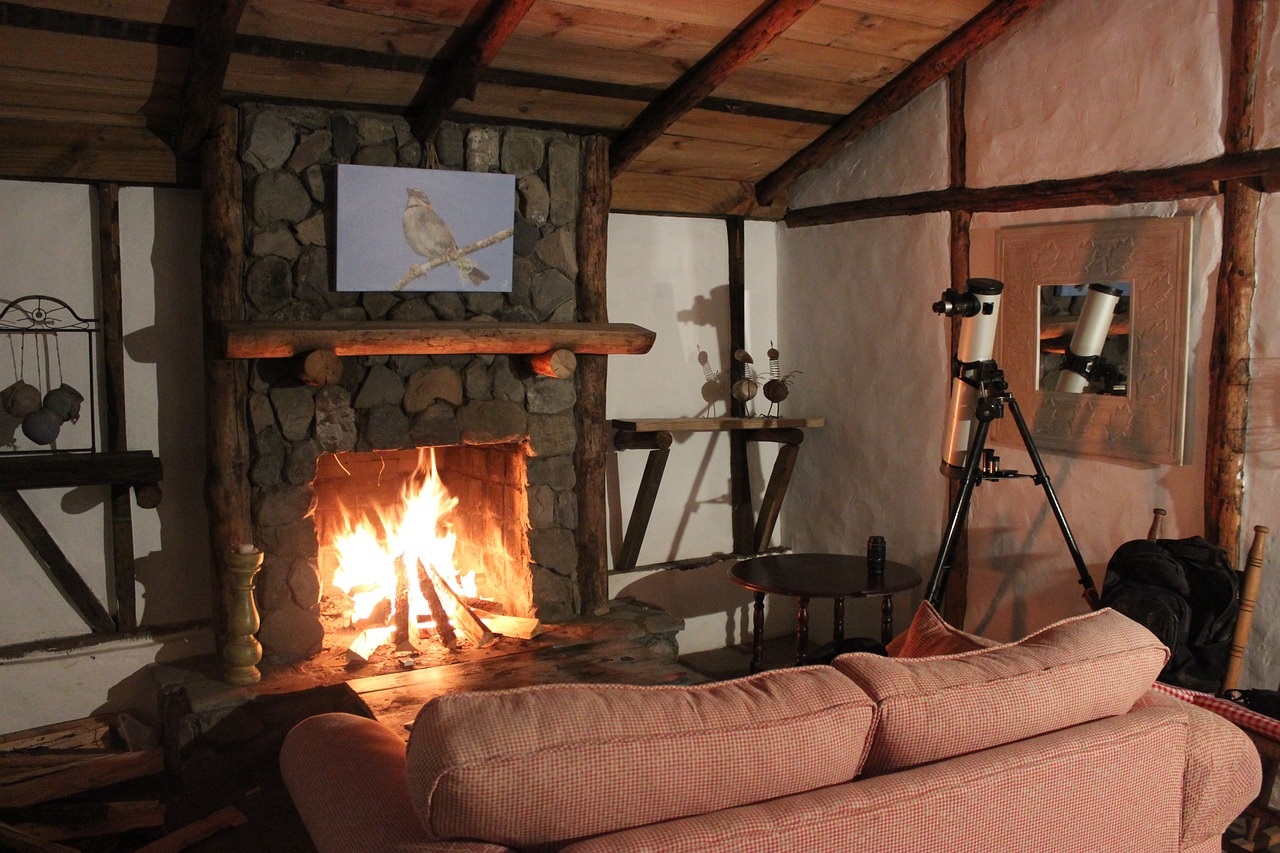One of the nice things about buying a condo is the sense of security in a collective. Neighbours usually have similar lifestyles and expectations for their home. There is a congruence of feeling and a will to develop and maintain a sense of community. Some communities are passive, some are proactive, and some are activist. Activists are always looking at future trends and trying to make their community the most livable place possible.
Condos are usually professionally managed but some are self-managing, especially in small buildings with few lots. The condo board is made up of regular people with a range of skills and abilities. The condo manager guides the board through difficult terrain, such as legal issues and best practices. In an good situation, both parties are working cooperatively to identify and solve problems.
Board members may join for a variety of reasons. The most common is probably a desire to control costs and ensure maintenance is done on a schedule. There is little hierarchy in the group; the only status is that of member. Some people join to learn about condo management in a social environment.
The condo board is informed by the provincial regulations and the condo management company. This governing body serves as a repository for accrued information about the community. Ideally, there should be a process for documenting the collective experience and insights of members beyond council minutes. This collective knowledge becomes the identity of the condo development.
Practicing the collective knowledge creates a culture, which can have very strong appeal to buyers if it has a positive reputation. Real estate agents often share information on the culture of certain buildings. This can potentially mean higher than average appreciation when things are running smoothly and everyone is happy.
The ideal council is a venue for mutual goodwill, creativity, innovation, and socialization. When these things are happening together, politics tend to be pushed aside with warmth and laughter. The focus turns to making the community a better place to live. The challenge is to think and act holistically.
Condo councils have a sense of citizenship with a common mission. They are venues for personal and community development. Joining, belonging, and being with like-minded people can foster a sense of family with mutual obligations.
If you’re considering buying a condo, it’s helpful to talk with a council member or two and the strata manager. These informal meetings can be tremendously helpful to decide if a particular building is right for you. Ask about issues of the day, long-term planning, and what problems the council is discussing.
When reading the meeting minutes and regulations, look for things that stand out to you as a potential homeowner. Does the council have a sound understanding of what is needed to make a community thrive? Do you like their direction for community development? These and other questions help to compare the culture with your expectations and answer the question, “Are you a condo person?”.
Contact us today to view condos in your area.

